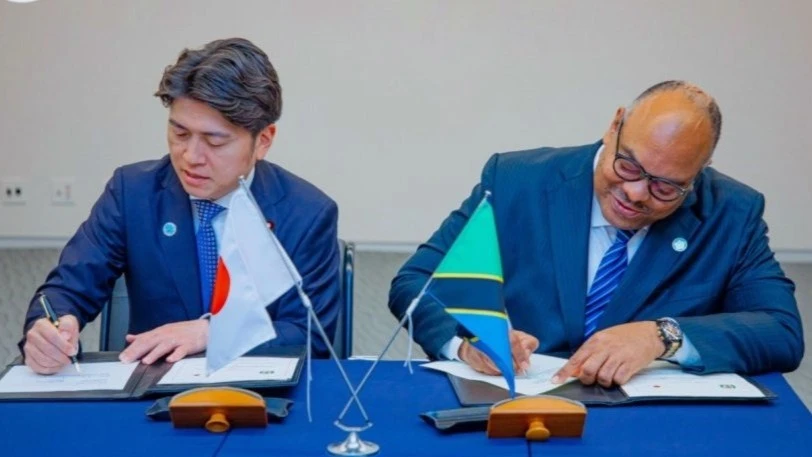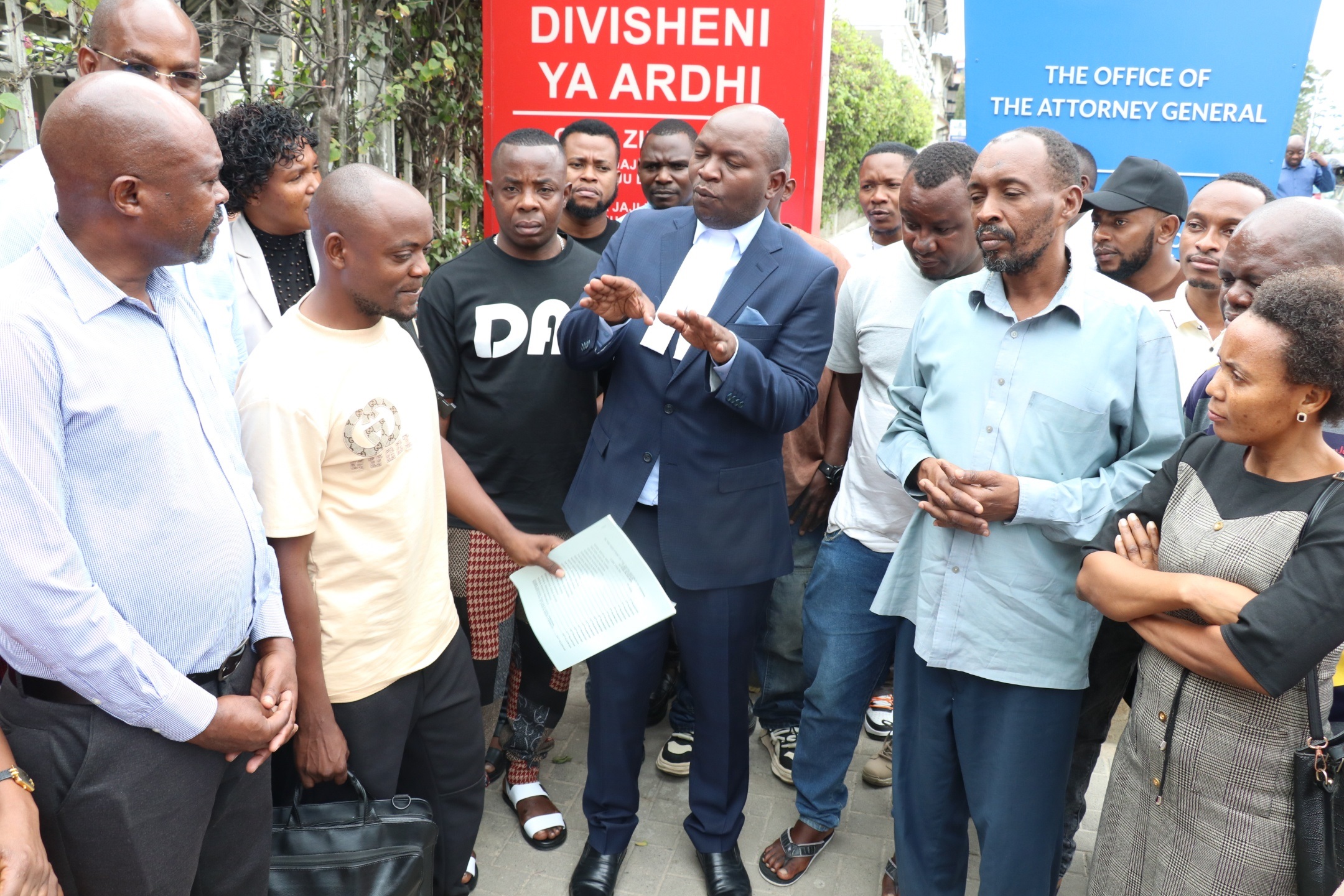Tobacco rules: Activists file High Court petition

ANTI-tobacco campaigners have filed a constitutional case at the High Court of Tanzania, seeking government intervention to strengthen regulation of tobacco use and safeguard public health from its harmful effects.
The case, number 14430, was filed on May 26 this year at the High Court main registry in Dodoma, listing respondents at the Ministry of Health, the Ministry of Agriculture, the National Environment Management Council (NEMC) and the Attorney General’s Office.
Hamis Mayombo, a lawyer with the Legal and Human Rights Centre (LHRC), said in Dar es Salaam yesterday that the case was lodged by four individuals—Lutgard Kagaruki, Alpha Kawonga, Millennium Mosha and Hassan Said.
“The petitioners are expected to appear before the court on August 27, 2025. Their main objective is to compel the government to regulate tobacco use and production more effectively, given that young people and the elderly continue to suffer from the consequences of tobacco consumption,” he explained.
Both sides have already submitted their written arguments and the upcoming court session will allow clarifications, he said, affirming that Tanzania is increasingly facing cases of cancer and other non-communicable diseases linked to tobacco, alongside environmental damage caused by deforestation for tobacco curing.
“The involvement of the Health and Agriculture ministries, NEMC and the Attorney General is crucial in ensuring a strong framework against tobacco use,” he declared, while Kagaruki, executive director at the Tanzania Tobacco Control Forum (TTCF), described tobacco use as a growing national crisis fueled by government reluctance to enforce strict control.
He expressed disappointment that Tanzania was still promoting tobacco farming while other East African countries have made deliberate efforts to scale it down.
“The World Health Organization has declared tobacco a global epidemic, given its negative impact on health, the environment and even commerce,” he emphasized, noting that the government approved the Tobacco Products (Regulation) Act in 2003 and ratified the Framework Convention on Tobacco Control (FCTC) in 2005.
Yet enforcement remains weak as there are still widespread cases of smoking in public places, despite both the legislation and the convention prohibiting such practices, he said, urging the government to gradually phase out tobacco farming and promote alternative crops such as sunflower, tea, groundnuts and sesame, which he said are healthier for people and safer for the environment.
Alpha Kawonga, founder of the local ‘No Tobacco Initiative,’ said the association was created after realizing the extent of tobacco’s impact on young people, as its mission is to educate youths and communities about the dangers of smoking and to encourage quitting.
“We also aim to protect non-smokers from second-hand smoke while pushing for policies such as banning tobacco advertising, increasing taxes on tobacco, regulating sales and promoting healthier lifestyles,” he specified.
Stakeholders hope that the case will set a legal precedent for stronger anti-tobacco policies in Tanzania, ultimately reducing health risks and protecting future generations, he added.
Top Headlines
© 2025 IPPMEDIA.COM. ALL RIGHTS RESERVED






















